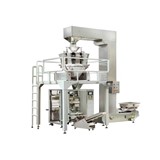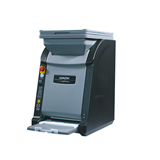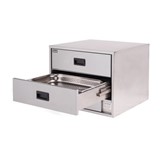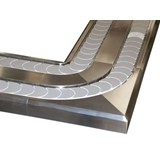Generally, sourcing restaurant produce is a balance between quality and price, but contemporary demand for local and organic food has become an important factor in menus.
There are a number of aspects to consider when sourcing produce to maximise both the profit margin and the originality of the dishes on the menu while satisfying the demands of modern diners.
Best quality and freshness
All good food begins with good quality produce and so the first consideration when sourcing suppliers is the overall freshness of their products. Choosing the best possible quality produce for those key menu items like cheese while economising on less important ingredients provides elegant value for the diner while maintaining a profitable margin across the menu as a whole.
Lowest price
After freshness, finding the lowest possible price is the next most important consideration. The easiest way to lower the prices on produce is to shop in the markets, but failing this, it is always a good idea to have alternative suppliers for all of the major areas of produce to make it possible to shop around for a better price. Choosing 'seconds' and pushing suppliers for bulk prices is an immediate way to cut kitchen costs significantly.
Choosing local produce

The demand from diners for local produce often makes it viable to include locally sourced ingredients on the menu even if they are slightly more expensive. Local produce also has the advantage of often being the freshest which extends the shelf life in storage, and many local products will be cheaper because the transport costs are minimal, making them a sensible and economical choice.
Going organic
Organic produce is another area where customer demand offsets many of the potential expenses of purchasing specialist ingredients. Organic staples like potatoes and rice are probably still too expensive for most menus but specialist organic ingredients like dairy products or organic meat that feature in top end dishes add value to the card and satisfy the demands of contemporary diners without breaking the kitchen budget.
Reliable and sustainable supply
Before committing to any menu item it is vital to be sure of the reliability of the supply. This is especially important when buying locally sourced goods from smaller suppliers as finding other sources can often involve dramatic increases in the price, reducing the profitability of the dish.
Quantity and storability

Storage space is usually at a premium in the kitchen and finding suppliers that sell the exact quantities required can be an important factor in the efficient operation of the kitchen. In some cases it will be significantly cheaper to buy bulk quantities and so the shelf life of goods needs to be carefully considered before stocking up.
In order to sustain good profits, the kitchen needs to be constantly monitoring the cost as well as the quality of the produce that comes in. While sourcing produce is still very much a balance between price and quality, promoting the specialist local and organic elements of the menu can generate excellent returns and enhance the reputation of the house.




-160x160-state_article-rel-cat.png)



-160x160-state_article-rel-cat.png)







